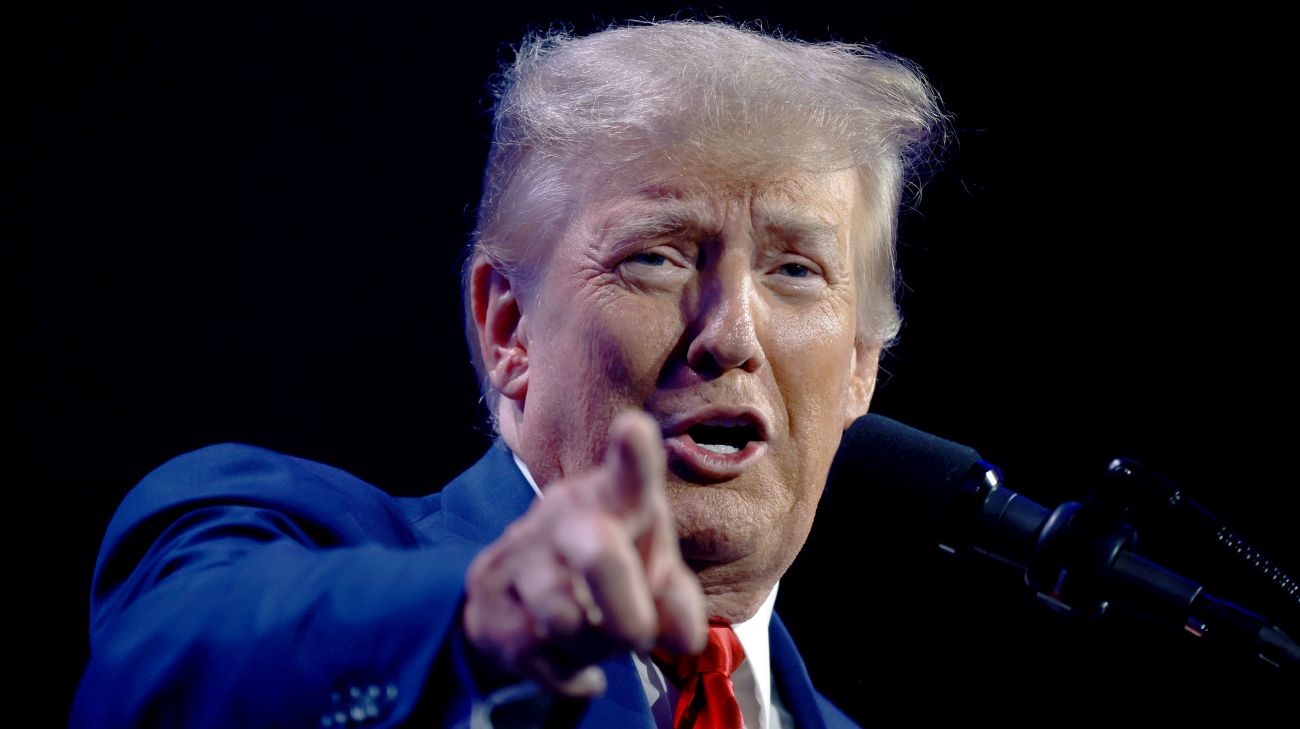Embassies and the U.S. State Department in a State of Lingering Fear: How Political Instability Is Eroding Diplomacy

Over the past few years, the diplomatic machinery of the United States has faced significant pressure and internal instability.
Reports reveal that employees at American embassies and the State Department are operating under a persistent atmosphere of fear and uncertainty, adversely affecting their ability to perform effectively and maintain stability in the country’s foreign policy.
Investigations and testimonies from diplomats indicate that the Trump administration substantially weakened this system by shuffling personnel and reducing the department’s capacity.
It is known that many embassies lack stable leadership, and staff members are afraid to voice disagreements with the White House policies, fearing repercussions or job loss.
A major concern is the high number of vacant ambassadorial positions: out of 195, approximately 110 remain unfilled due to Senate delays and political compromises.
Furthermore, rumors proliferate that the department might have installed spying software to monitor employees’ email communications.
The situation with senior officials, such as the head of the Middle East bureau, Mory Namdor, who allegedly favors loyal staff over experienced diplomats, adds to the climate of mistrust.
The absence of confirmed candidates for key diplomatic posts complicates the formulation of U.S.
foreign strategy.
Despite promises to reform and centralize the State Department, the current policies tend to generate chaos and uncertainty among diplomatic circles, undermining the effectiveness of U.S.
foreign policy initiatives.

